Bardet 'amazed' by Wiggins' TUEs ahead of Grand Tours
2016 Tour de France runner-up calls for stricter regulation of TUE system, complete ban on corticosteroids
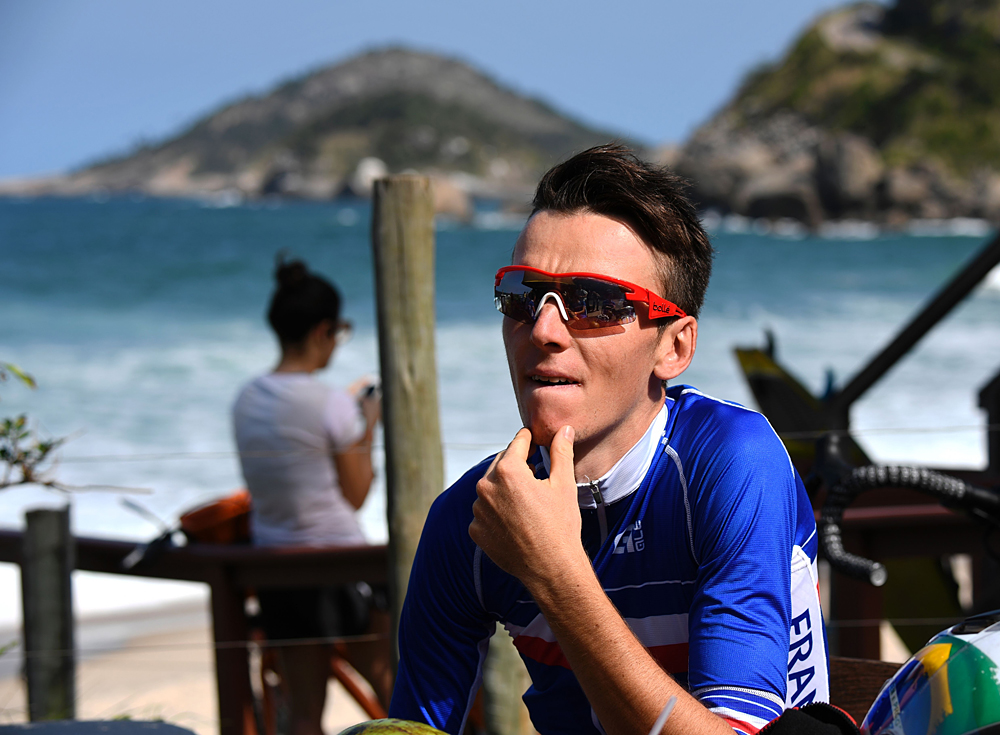
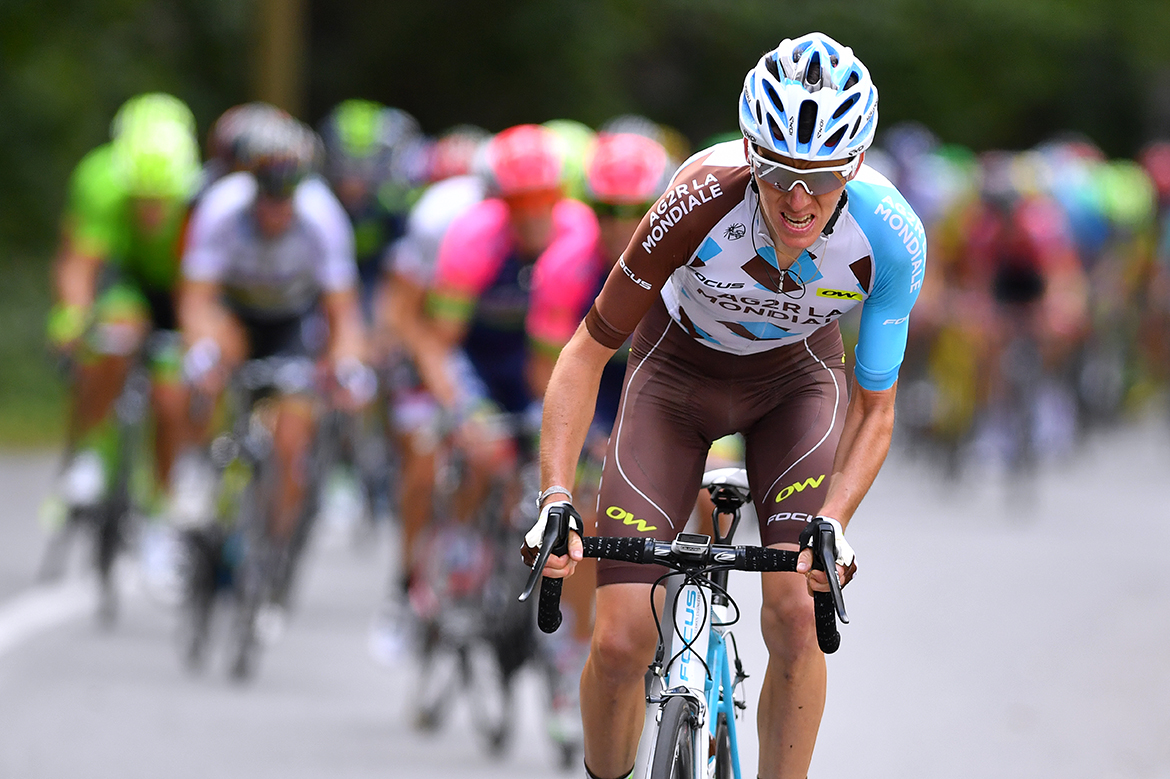
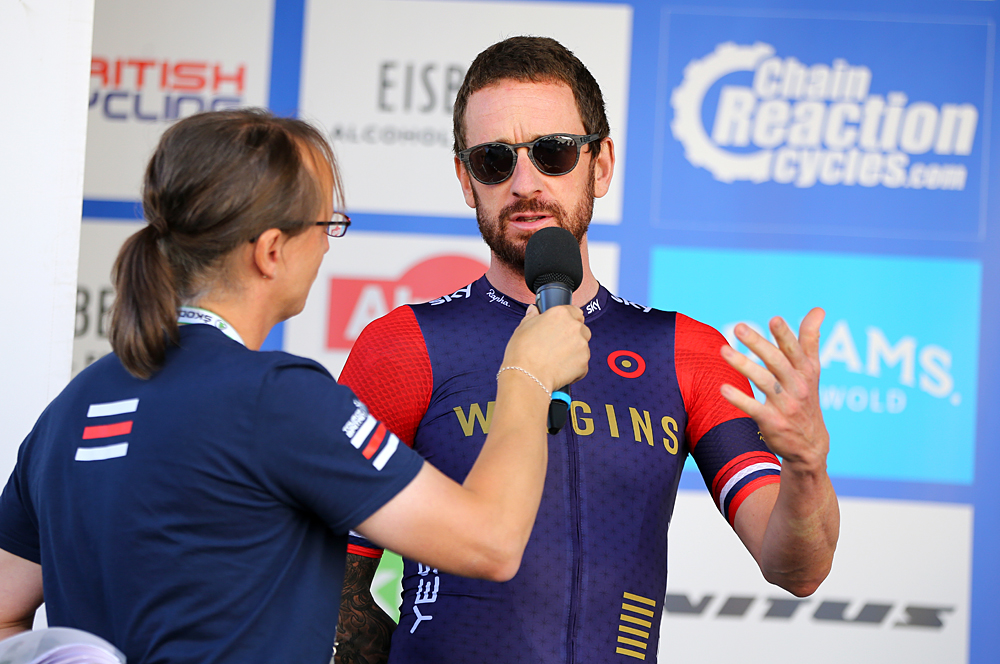
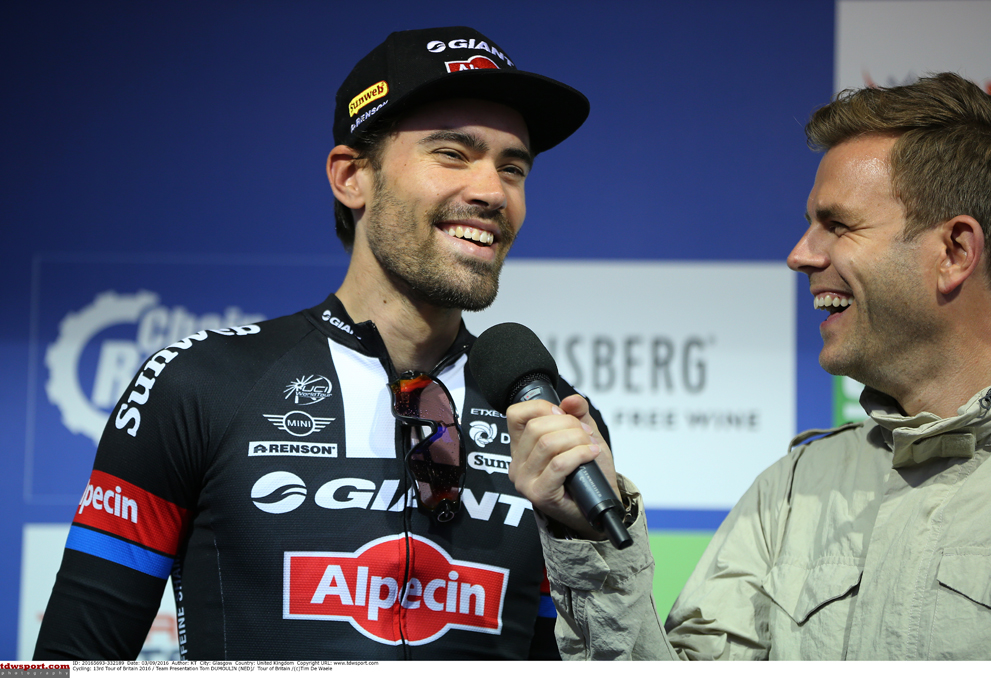
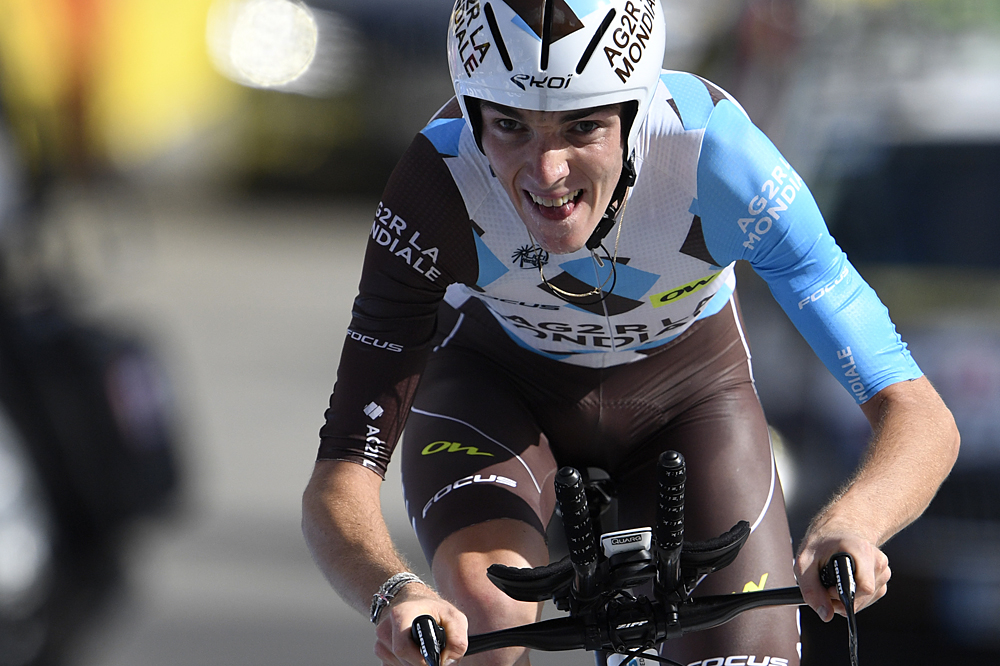
AG2R La Mondiale's Romain Bardet told the French newspaper Le Monde this week that he was "amazed" by Bradley Wiggins' UCI-approved use of a powerful steroid before Grand Tours and called for more stringent regulation of the Therapeutic Use Exemption (TUE) system.
Bardet considering other Grand Tours as stepping stone to Tour de France victory
Tom Dumoulin says Wiggins' TUE case stinks
Froome calls on anti-doping authorities to 'urgently address' TUE system
WADA object to Team Sky's idea of making TUEs public
Bradley Wiggins explains TUE use, asthma and allergies
Bradley Wiggins, Team Sky and the TUE process - Podcast
WADA details response to Fancy Bears' hacking
Former Sky rider Tiernan-Locke says Great Britain offered Tramadol 'freely'
Tiernan-Locke points finger at former Team Sky doctor over Tramadol claims
Wiggins, who won the Tour de France in 2012, recently made headlines when hackers leaked his TUE history. In total, six TUEs were issued during Wiggins’ road racing career. Three intramauscular injections of Triamcinolone acetone were of particular concern, with each usage applied before major Grand Tours, including the 2012 Tour.
In an interview conducted in Italy ahead of Saturday's Il Lombardia, Bardet endorsed the idea that athletes who need such drugs to treat their ailments should be forced to sit out of competition.
"We think the rules are too permissive and that there are abuses," Bardet told Le Monde. "They are too lax, so there is a flaw in the system. When there is a flaw, some minds see it as a blank check, permission to circumvent the rules.
"Obviously, there are exceptions for some very specific profiles, since there is no rule without exception," Bardet said. "The solutions, I do not have them. Clearly, I would prefer that we know all TUEs that everyone has. But this I do not think is the right solution. The right solution when you are sick is not to compete.
"Scientifically, one must be able to know the effects of treatment and at what point it is no longer critical in the performance of the athlete. The rules should have clear and utterly strict prohibitions."
Bardet also called into question the current TUE system that allows the athlete to choose the doctor that initially prescribes the treatment before a UCI committee approves or denies the TUE.
Get The Leadout Newsletter
The latest race content, interviews, features, reviews and expert buying guides, direct to your inbox!
"Why not have a medical office of the UCI, or better, World Anti-Doping Agency? Where everything is centralized with a specific protocol and review with three independent doctors," he said. "Putting it in public is not necessarily the best solution, especially in cycling where people talk a lot. Medical confidentiality is important ..."
Asked if he agreed with recent statements made by Giant-Alpecin's Tom Dumoulin, who said Wiggins' use of steroids before the Grand Tours "stinks," Bardet said it was difficult not to be "amazed" by the revelations.
"I do not have all the elements of the record and I have relatively little experience in there, but we see things that show that the system has flaws," he said. "These injections before the major tours, this is amazing.
"I read what Jörg Jaksche said [about using steroids illegally during his own career]. Although I am wary of old dopers, which always want to justify their own misdeeds, it is not wrong. The timing of the injections gives one pause.
"I really appreciate Bradley Wiggins, the athlete and the person, his lifestyle and his outspokenness. What hurt me, which is annoying, it is the contradictions between reality and what he wrote in his autobiography. However, how such information was found bothers me, too."
Bardet said he has had one injection of corticosteroids to treat a swollen foot after the Tour of California during his first professional year in 2012, but he then sat out of competition for a month in order to allow the foot to heal properly. The Frenchman told Le Monde that he favoured an all-out ban on corticosteroids, which are legal to use out of competition.
"That is really the problem: that corticosteroids are permitted," he said. "There must be a total ban, in and out of competition. We test for a whole lot of substances, and corticosteroids, which are proven to have an anti-inflammatory effect and improve performance, there is a permit for that.
"We see too many guys, it's an open secret in the bunch, doing stuff before their objectives and make up that with a bad knee ... nobody is fooled."
Bardet said that a system that relies on "good faith" is hard to justify in a hyper-competitive world, adding that the UCI still has "a lot to prove" in the battle against doping.
"Governance has changed since the days of Lance Armstrong," he said. "...With too permissive regulations, we will get bogged down in the problems for decades. It can distort the results, albeit to a lesser extent compared to doping pandemics of the last decades, but it distorts some things."